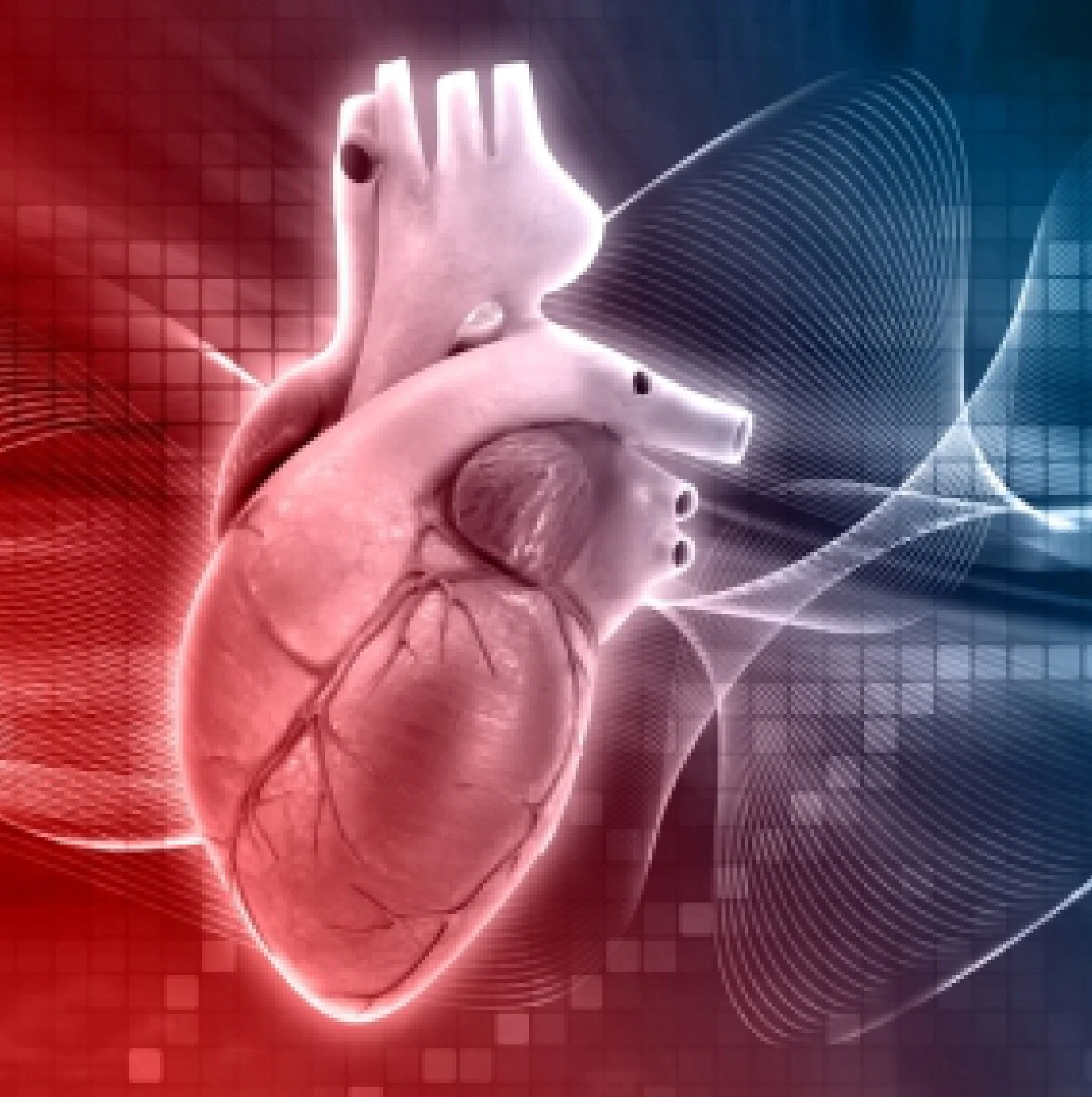
Department of Cardiology
Welcome To Gangasheel Hospital
What is Heart Failure ?
Heart failure, also called congestive heart failure, occurs when the heart muscle cannot pump enough blood. When this happens, blood often pools and fluid builds up in the lungs, causing shortness of breath.
Certain heart conditions Conditions such as narrowing of the arteries of the heart (coronary artery disease) and high blood pressure can cause the heart to gradually become too weak or hard to fill and pump blood properly, such as: lose.
Appropriate treatment can improve the signs and symptoms of heart failure and prolong life in some people. Lifestyle changes such as weight loss, exercise, salt reduction, and stress management can improve quality of life. However, heart failure can be life-threatening. People with heart failure can have severe symptoms and may need a heart transplant or ventricular assist device (VAD).
One way to prevent heart failure is to prevent and manage conditions that cause heart failure, such as coronary artery disease, high blood pressure, diabetes, and obesity.
Heart failure can be ongoing (chronic) or begin suddenly (acute).
Signs and symptoms of heart failure include:-
- Shortness of breath when working or lying down
- Tiredness and weakness
- Swollen legs, ankles, or feet
- Fast or irregular heartbeat White or pink mucus
- Stomach swelling (abdomen)
- Very rapid weight gain due to fluid retention
- Nausea and loss of appetite
- Difficulty concentrating or attention
- Chest pain if heart failure due to heart attack
- Heart failure often develops after other medical conditions have damaged or weakened the heart. However, heart failure can also develop if the heart becomes too hard.
- In heart failure, the heart's main pumping chambers (ventricles) may stiffen and not fill properly between beats. In some people, the heart muscle can become damaged and weak. The ventricles may dilate to the point where the heart can no longer pump enough blood throughout the body.
- Over time, the heart can no longer keep up with its normal demand to pump blood to the rest of the body.
The key to preventing heart failure is reducing risk factors. By making healthy lifestyle changes and taking medicines prescribed by your doctor, you can control or eliminate many of the risk factors for heart disease. There is something like
- Quitting Smoking
- Managing Certain Conditions Like High Blood Pressure and Diabetes
- Maintaining Physical Activity
- Eating Healthy Foods
- Maintaining a Healthy Weight
- Reducing and Managing Stress
Treatment depends on the type of heart failure and some of its causes. Medication and lifestyle are part of any treatment plan. Your doctor will discuss the treatment plan that works best for you. Men and women are treated the same.
As heart failure worsens, less blood is pumped by the heart muscle to the organs, leading to the next stage of heart failure. Because the stages of heart failure cannot be reversed, the goal of treatment is to prevent advancing stages or slow the progression of heart failure.
Yes, Heart Failure treatment is available in Bareilly at Gangasheel Hospital by the team of expert Cardiologists in the city.
